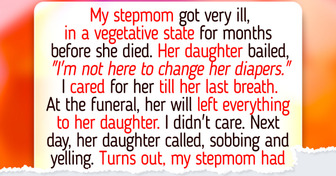it's a nice approach ?
Why Asking a Little Kid to Say, “I’m Sorry” Can Be Wrong, and What They Should Say Instead
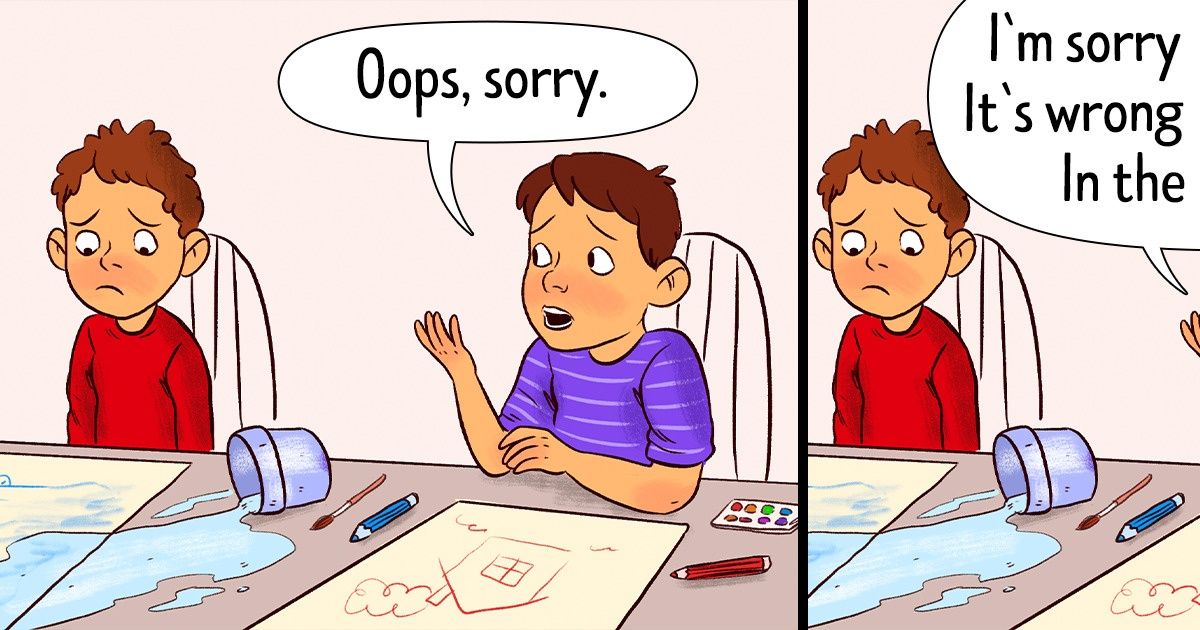
Parents want their kids to be polite and know how to take responsibility for their actions. And apologizing is a big part of this. We’re all used to hearing a simple “sorry” and think it’s enough. However, there should be more to an apology than just one word and your child should know it.
We at Bright Side think it’s important to teach your kid to say sorry because then they’ll learn to care more about others. Here’s how to do it the right way!
Saying you’re sorry doesn’t solve the problem.
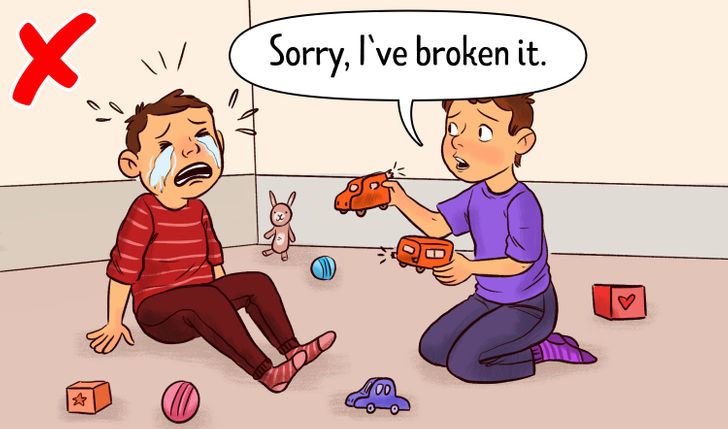
If you force your kid to make an apology, it probably won’t teach them anything, it’ll just make them angry and ashamed. Some might not even have the ability to feel remorse yet, so the apology will be insincere. It won’t solve a problem if they don’t understand why they need to say sorry. It will just give them an easy way out without having to face the consequences of their actions.
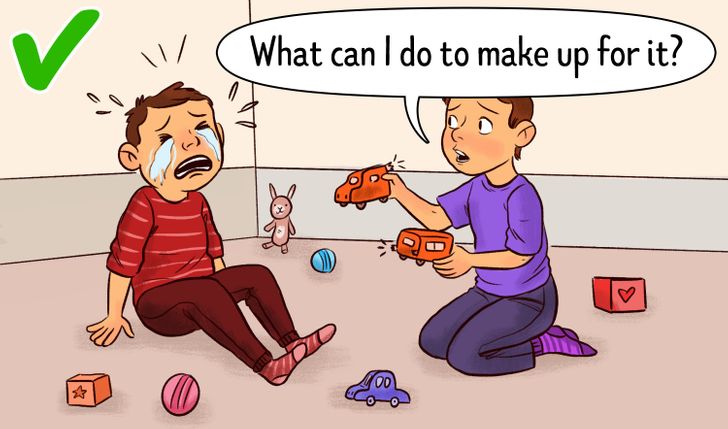
Instead, you should let your child see what they did wrong, how it affected other people, and what needs to be changed in their behavior. If your child hurt someone, try to present the situation in a way that will make them want to help the person they affected.
Your kid will feel better about apologizing and acknowledging their wrongdoing if they know they can make things better, compared to when they feel embarrassed if you’re telling them off. An apology doesn’t necessarily have to be verbal. It can also be a hug or an act of kindness.
Parents can help their kids empathize and apologize properly.
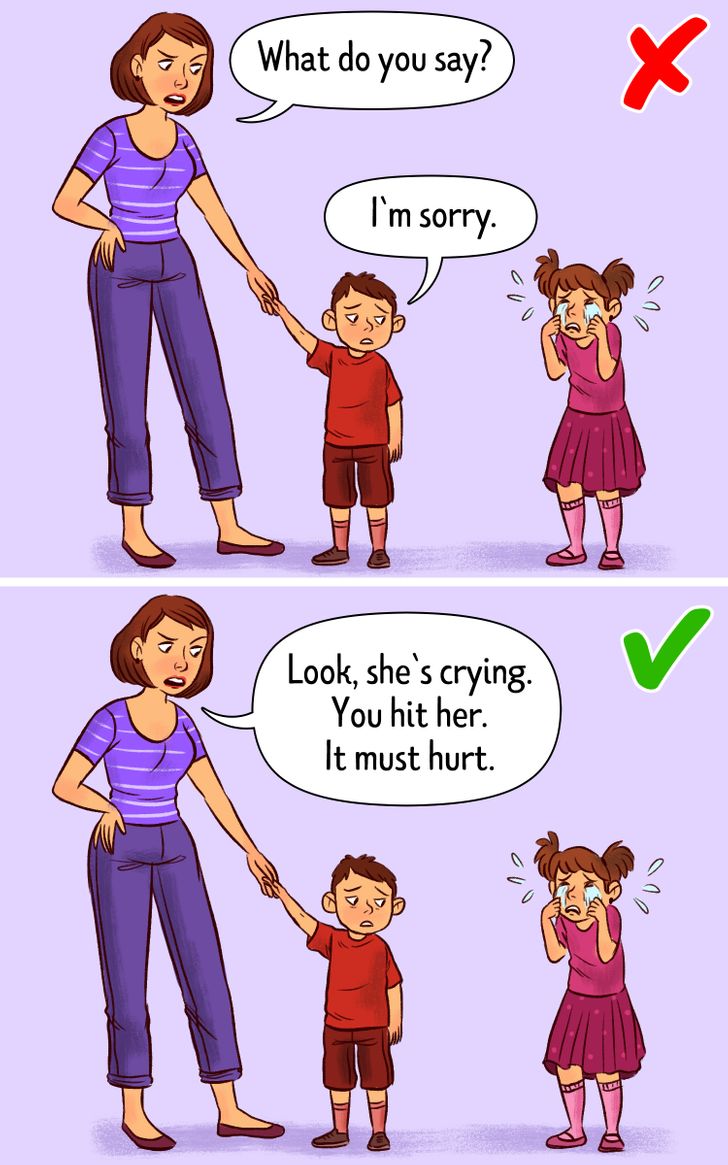
If you saw the accident, tell your kid exactly what happened and how they hurt another kid. If you didn’t already, ask your child to tell you about it. Then describe what you see to your kid, like for example, a child who has a bruise, and emphasize that the child is upset because of their actions. Show empathy to the hurt kid by asking if they’re okay or if they need any help.
Then, it’s time for your kid to make things better. You can ask them to help clean up the mess they’ve made or to go find a Band-Aid. Finally, it’s important to make a guarantee that your kid won’t behave that way again and have them promise that they won’t.
There are several things that need to be in an honest apology.
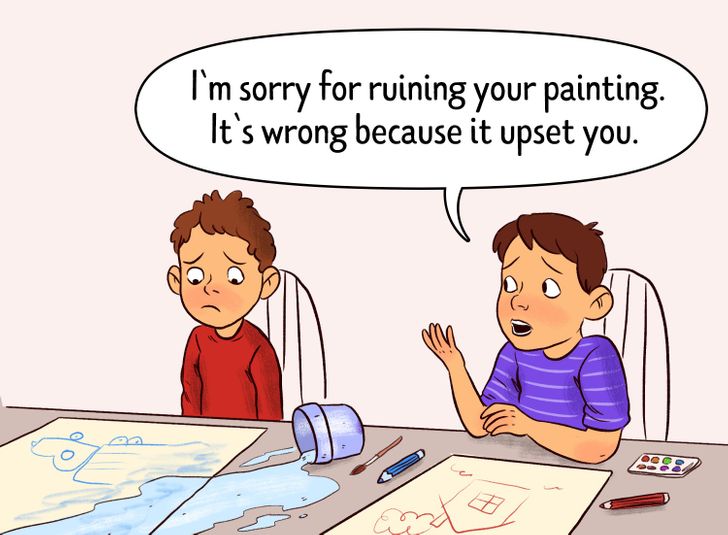
- “I’m sorry for...” Your child needs to show the person they’ve hurt that they understand what they did was wrong and why it made the person upset.
- “It’s wrong because...” This point can teach your child to see things from the point of view of another person. Understanding other people’s feelings can change the way your kid behaves and prevent them from doing the wrong thing in the future.
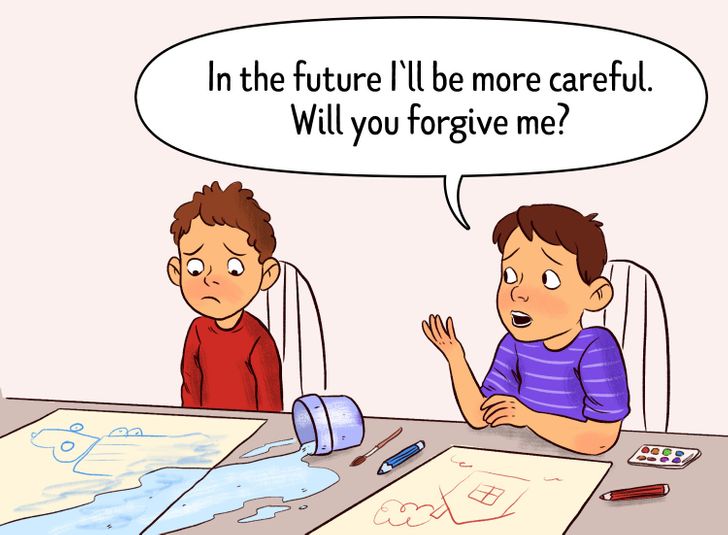
- “In the future, I will...” It’s important for the hurt person to know they won’t be hurt again. So they’ll feel better if they hear your child promise that they’ll behave differently next time. For example, they may ask permission before taking someone else’s toy.
- “Will you forgive me?” Though there’s no guarantee that your child will be forgiven, they should still try to ask for forgiveness. It will show that they want to restore the friendship with the person they’ve hurt and that they need permission to be their friend again, rather than just assuming all is fine and nothing’s changed while their friend still suffers.
Do you agree with this approach? Can you recall a time when your kid said sorry like that? How do you teach your children to apologize? We’d love to hear your thoughts in the comments!
Comments
Never thought of these methods before. The difference between both situations is remarkable
Well I must say that I never taught my daughter to say sorry for the thing she did wrong. Instead, I taught her to face what she did and try to make it up for it. Proud of it!
My parents taught me the same and I think I turn out to be a great person ?
In my case, the opposite. They never taught these kinds of things so I had to learn them on the go...
It's sad because most of the times the kid only says it when the parents are there to tell him to say it
That's because parents don't actually care about it or teach them at home. They only tell the kid to do it when others watch so they look like "good" parents
I think empathy is something we all have, but just in different levels.. some people just really don't care about others, which is sad to see.
I think it depends on how the parents raise their kid, if the kid is raised in a fairy-tale by his/her parents then it's hard to understand that not everyone gets the same kind of treatment as you do
Over protective parents are the worst, they probably also make their kids say sorry.. or better yet, apologize for them!
Related Reads
15 Weird Shots Suddenly Taken by the Google Car

21 People Share the Eerie Stories That Made Them Stop Cold in Confusion
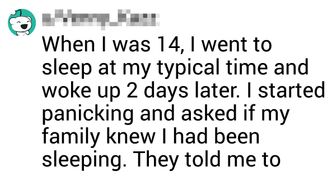
13 True Stories That Prove the Most Stunning Twists Come From Real Life
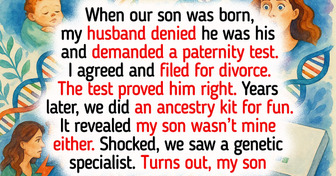
10 Stories of Kindness That Show Angels Walk Among Us Every Second of Every Day
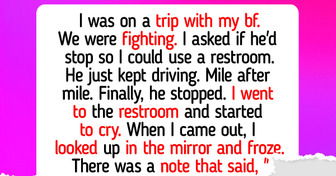
I Got Fired the Day Before My Vacation—And HR’s Policy Was Their Biggest Mistake
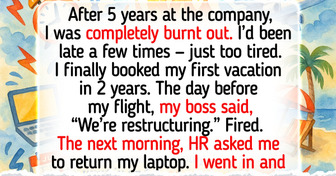
My MIL Mocked Me at My Husband’s Birthday Party—I Gave Her a Brutal Reality Check
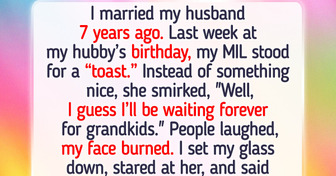
My DIL Excluded Me From Our Family Trip Photos—But She Didn’t Expect My Revenge
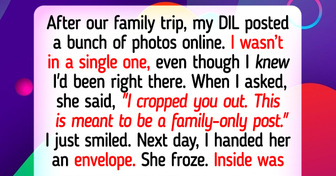
12 Dates That Started Like a Hollywood Love Story, but Ended Far From It
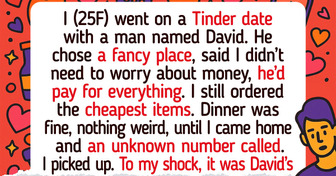
I Refused to Let My MIL Own My Family Budget, Now My Marriage Is on Thin Ice
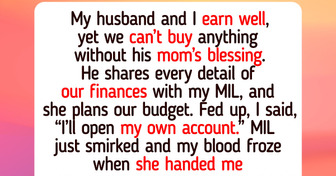
18 Stories That Prove a Cleaner’s Job Is About More Than Just Dusting
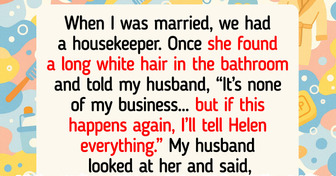
10 Stories That Prove Kindness Costs Nothing Yet Heals Everything
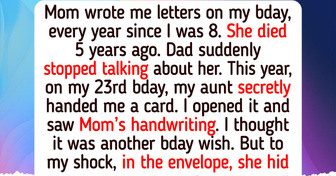
13 Quiet Acts of Kindness That Turned Ordinary People Into Superhumans
